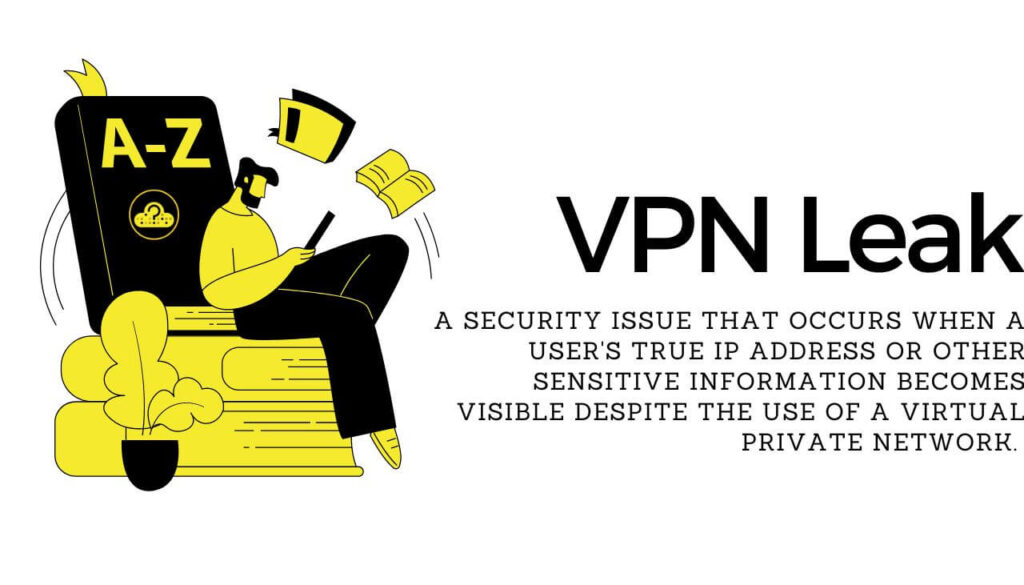What Is VPN Leak?
- VPN Leak Short Definition:
- A security issue that occurs when a user’s true IP address or other sensitive information becomes visible despite the use of a virtual private network.
- Extended Definition:
- VPN leak is a security concern that occurs when a user’s true IP address or other sensitive information becomes visible despite the use of a virtual private network (VPN). VPNs are designed to enhance online privacy and security by encrypting internet traffic and masking the user’s IP address, making it difficult for others to trace their online activities. However, certain factors or poor configuration can lead to leaks, compromising the user’s anonymity.
Different types of VPN leaks include DNS leaks, IPv6 leaks, WebRTC leaks, and IP leaks. DNS leaks occur when the VPN fails to route DNS (Domain Name System) queries through the encrypted tunnel, allowing the user’s internet service provider or other third parties to view their browsing history.
IPv6 leaks happen when the VPN does not fully support IPv6 connections, leading to the exposure of the user’s actual IPv6 address. WebRTC leaks occur when Web Real-Time Communication technology bypasses the VPN, potentially revealing the user’s true IP address. IP leaks are general leaks that expose the user’s real IP address due to misconfigurations or vulnerabilities in the VPN software.
To mitigate VPN leaks, users should ensure they are using a reputable VPN provider that offers leak protection features, regularly update their VPN client, and perform tests to check for any potential leaks.

For more definitions, check out our dedicated Definitions List.
